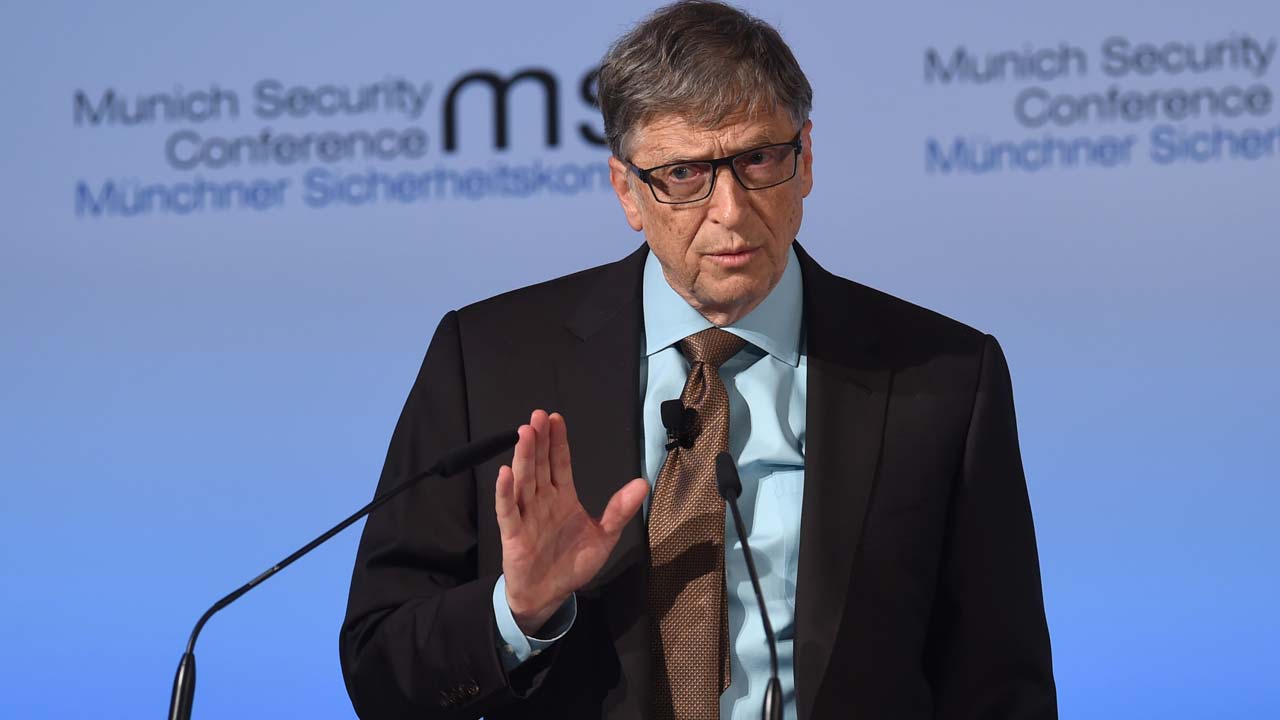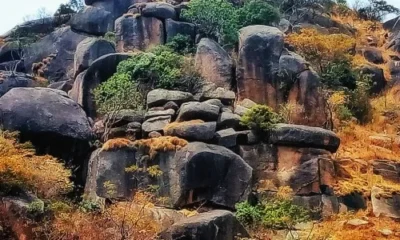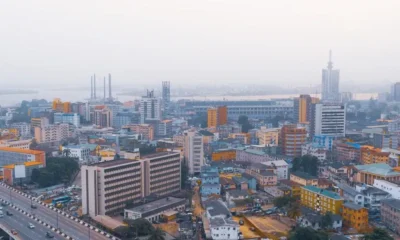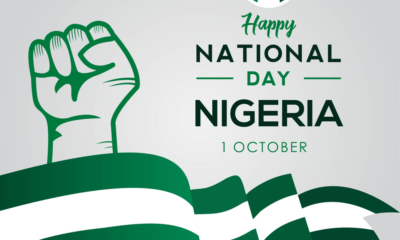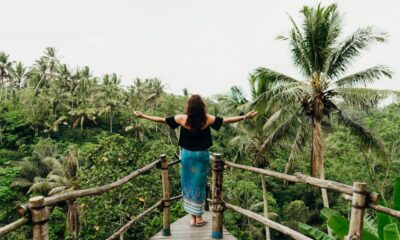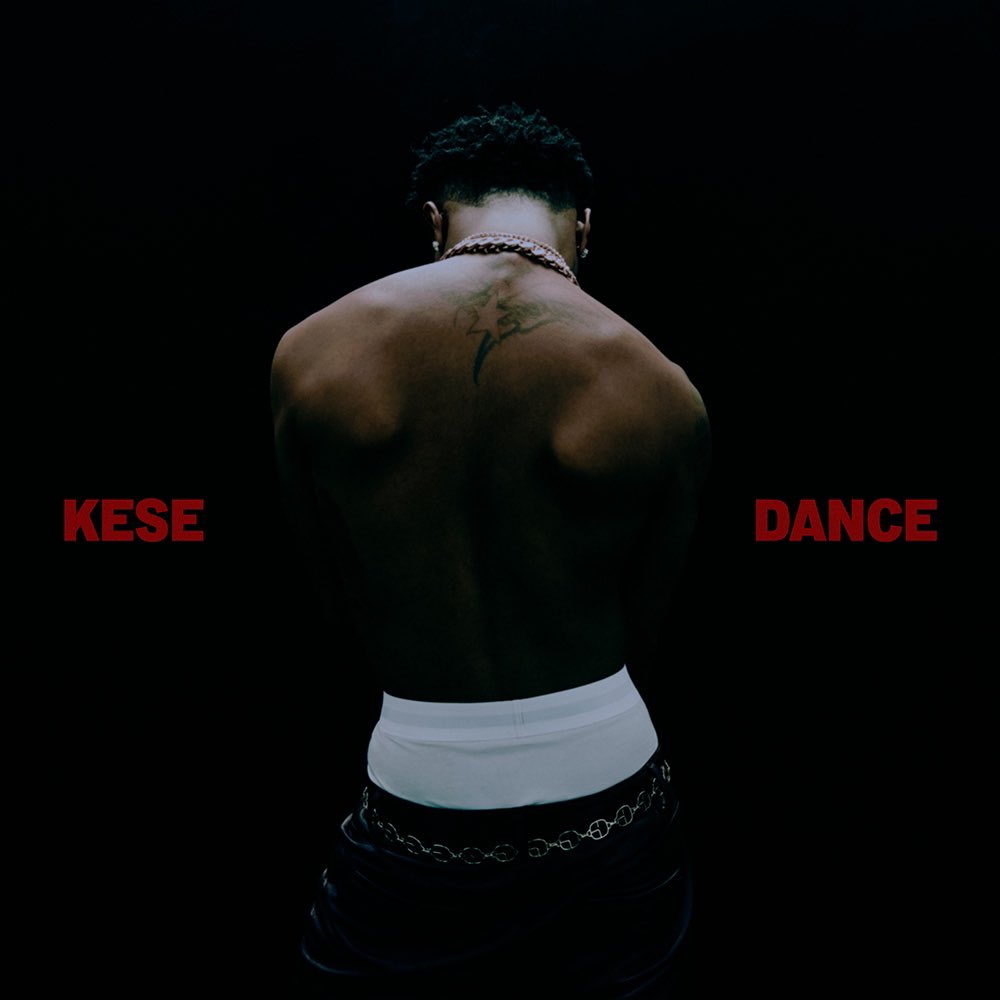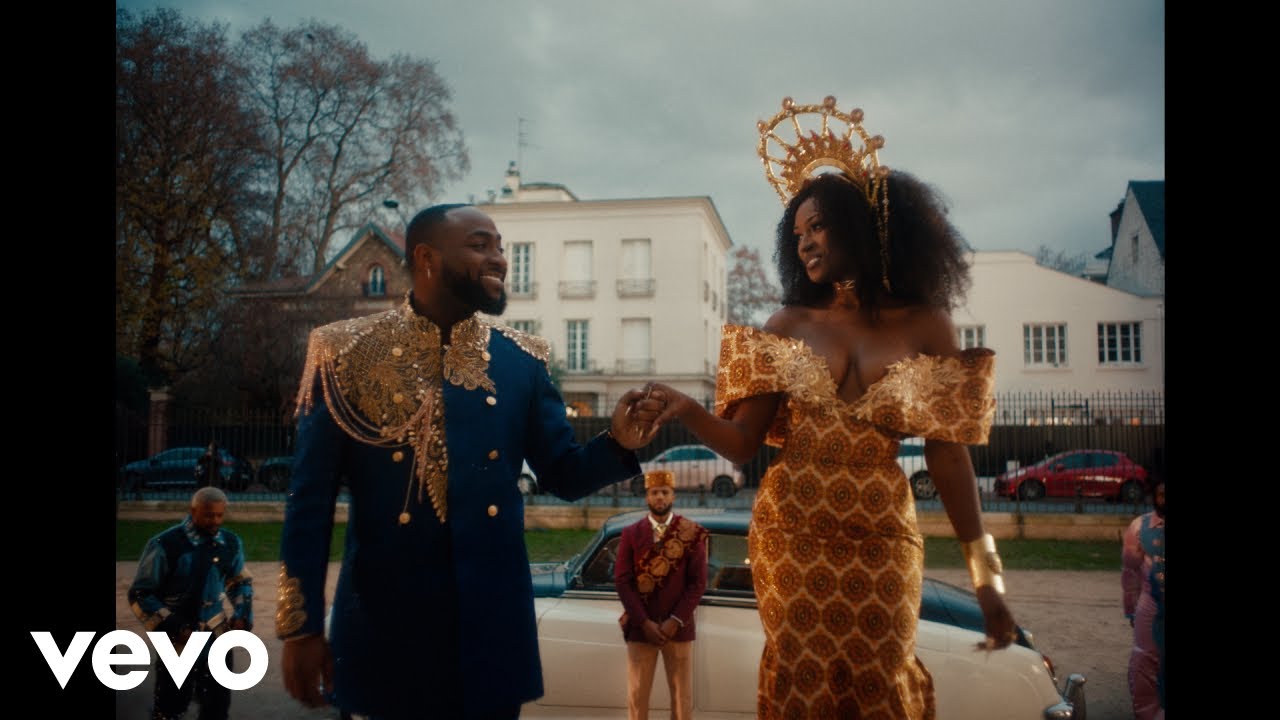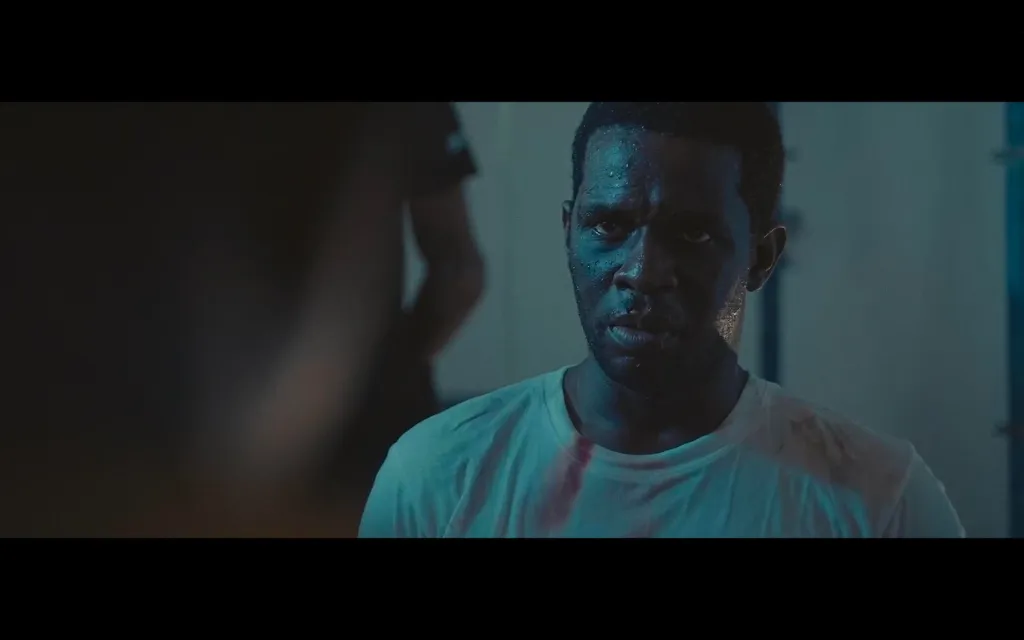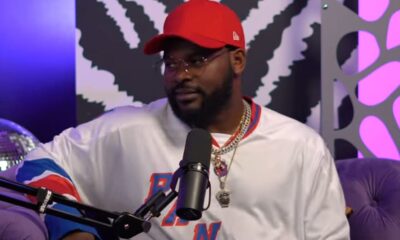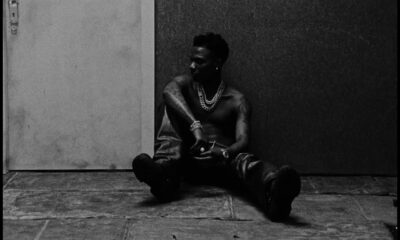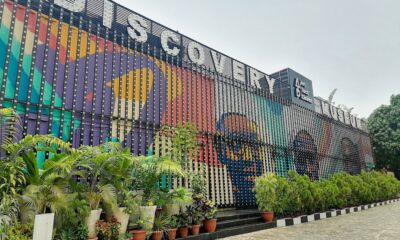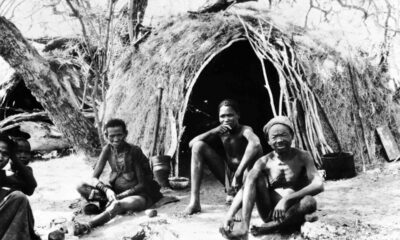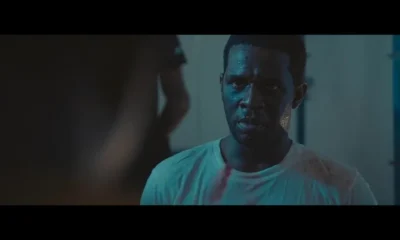Your Excellency Muhamadu Buhari, President of the Federal Republic of Nigeria; Professor Yemi Osinbajo, Vice President of the Federal Republic of Nigeria; Senator Bukola Saraki, Senate President; Honorable Yakubu Dogara, Speaker of the House; Your Excellencies, executive governors of the Federal Republic of Nigeria; Royal fathers; Distinguished ladies and gentlemen; and as you say in Nigeria, all other protocols observed.
Thank you for welcoming me to Nigeria. I’ve been coming here regularly since 2006, and I’ve always felt welcome. Nigerians usually greet me warmly. The first time I met the Sultan of Sokoto, I was honored that he greeted me with the gift of a white horse.
At some point during every visit, though, some brave person eventually asks me—very politely—“Why are you actually here?” It’s an understandable question.
Most American technology guys don’t wander around Nigeria learning about its health system. But I think I have a good answer.
When we started Microsoft 40 years ago, we wanted to build a successful business, but we also wanted to make people’s lives better. We believed computers could revolutionize the way people lived and worked. But back then only big companies could afford them. We wanted to give everybody access.
As I got older, traveled more, and learned more about the world, I realized that billions of people had a problem that computers couldn’t solve. They lacked the basics of a good life: food, shelter, health, education, and opportunity.
And so I started my second career with my wife Melinda. With the money I’d been lucky enough to earn at Microsoft, we started working toward a different goal: a healthy and productive life for everyone.
That’s why I come to Nigeria, and that’s why Melinda and I will continue coming for as long as we are able. Our foundation’s biggest office in Africa is here. We have committed over $1.6 billion in Nigeria so far, and we plan to increase our commitment.
We have strong relationships with the federal government, state governments, businesses, NGOs, and civil society organizations. We are eager to support you as you work to make Nigeria a global economic powerhouse that provides opportunity for all its citizens—as you strive fulfill this country’s immense promise.
I’m blown away by how much Nigeria has changed in the past decade. Consider the technology sector. That energy I talked about during the early days of Microsoft, our passion and our eagerness to take risks…. That’s the same energy that powers technology hubs across Nigeria like Co-Creation and Enspire.
The novelist Chimamanda Adichie, who my wife especially admires, captured the country’s spirit when she said her fellow Nigerians have “big dreams and big ambitions.”
This line graph of Nigeria’s per capita GDP shows where those dreams and ambitions can lead. With the exception of the recent recession, the slope goes straight up.
As a result of this growth, Nigeria is now the biggest economy on the continent. You are rapidly approaching upper middle-income status, like Brazil, China, and Mexico.
But growth is not inevitable. Nigeria has unmatched economic potential, but what becomes of that potential depends on the choices you make as Nigeria’s leaders.
The most important choice you can make is to maximize your greatest resource, the Nigerian people. Nigeria will thrive when every Nigerian is able to thrive.
If you invest in their health, education, and opportunities—the “human capital” we are talking about today—then they will lay the foundation for sustained prosperity. If you don’t, however, then it is very important to recognize that there will be a sharp limit on how much the country can grow.
You see this risk in the data. From the point of view of the quality of life, much of Nigeria still looks like a low-income country. Let me give a few examples.
In upper middle-income countries, the average life expectancy is 75 years. In lower middle-income countries, it’s 68. In low-income countries, it’s 62. In Nigeria, it is lower still: just 53 years.
Nigeria is one of the most dangerous places in the world to give birth, with the fourth worst maternal mortality rate in the world, ahead of only Sierra Leone, Central African Republic, and Chad.
One in three Nigerian children is chronically malnourished.
I do not enjoy speaking to you this bluntly when you have been gracious enough to invite me here. But I am applying an important lesson I learned from Alhaji Aliko Dangote. Recently, Aliko and I were having a conversation with several governors about their states’ official immunization rates.
Aliko’s way of stressing the importance of accurate data was to tell us, “I didn’t get rich by pretending to sell bags of cement I didn’t have.”
I took from that that while it may be easier to be polite, it’s more important to face facts so that you can make progress.
On immunization, you are already living that lesson: last year Nigeria revised its immunization coverage numbers downward to reflect more accurate sources, and I applaud you for those lower numbers. They may look worse, but they are more real, which is the first step toward saving and improving more lives.
I urge you to apply this thinking to all your investments in your people. The Nigerian government’s Economic Recovery and Growth Plan identifies “investing in our people” as one of three “strategic objectives.” But the “execution priorities” don’t fully reflect people’s needs, prioritizing physical capital over human capital.
To anchor the economy over the long term, investments in infrastructure and competitiveness must go hand in hand with investments in people. People without roads, ports, and factories can’t flourish. And roads, ports, and factories without skilled workers to build and manage them can’t sustain an economy.
In preparation for my visit, I asked a research institute at the University of Washington to model Nigeria’s economic growth under three scenarios related to health and education, the core of how economists define human capital.
Here you can see Nigeria’s per capita GDP growth from 2000 until today. If current education and health trends continue—if you spend the same amount in these areas and get the same results—per capita GDP flat lines, with economic growth just barely keeping up with population growth.
If things get worse, it will decline. Unfortunately, this scenario is a very real possibility unless you intervene at both the federal and state levels. Because even in the worst-case scenario, your national income level is about to make you ineligible for certain kinds of development assistance and loans that you’ve been relying on to fund your health system and other priorities.
Without more and better spent domestic money, investment in your people will decline by default as donor money shrinks—a lose-lose scenario for everyone.
However, if you commit to getting better results in health and education—if you spend more and more effectively—per capita GDP will stay on its remarkable pre-recession trajectory.
This is the scenario we all want: Nigeria thrives because every Nigerian is able to thrive. And the data makes it clear that this scenario is entirely within your reach.
What do I mean by investing in your people? I mean prioritizing health and education, the factors included in the model I just showed you. I also mean continuing to open up opportunities in the agriculture and microenterprise sectors, as the government has proposed in the ERGP. I mean creating the conditions where Nigerians can reach their goals while adding value to the economy—the win-win scenario.
Our foundation doesn’t invest directly in education here, but the World Bank World Development Report that just came out makes it clear that education leads to improvements in employment, productivity, and wages.
Today, though, more than half of rural Nigerian children can’t read and write. The conclusion is inescapable: Nigeria’s economy tomorrow depends on improving its schools today.
The same is true of health, our foundation’s primary focus area. In 1978, Dr. Olikoye Ransome-Kuti, who later became the Nigerian minister of health, helped establish primary health care as the global standard. We now know that a strong primary care system takes care of 90 percent of people’s health needs.
Tragically, 40 years after Dr. Ransome-Kuti helped other countries set a course for the future, the Nigerian primary health care system is broken. The evidence for this can be found in the epidemic of chronic malnutrition, or stunting.
As the name suggests, chronic malnutrition is not a disease children catch.
It is a condition that develops over time because they are deprived of a diverse diet and the services a strong primary health care system provides.
The consequences of stunting are devastating. Though stunted children are defined as shorter than average, we’re not particularly concerned about their height. What we’re concerned about is their brains, or what Akin Adesina calls “gray matter infrastructure.”
This is a picture of the brain of a single normally developing infant. And next to it is a picture of the brain of a single chronically malnourished infant.
Every brain and every child are different, but you can clearly see the difference in the number of neural connections in these two brains. And once this kind of damage is done, it’s very hard to repair.
In Nigeria, one in three children is chronically malnourished and could therefore be at risk. This is a tragedy for each one of these children; it is also a huge blow to the economy.
According to the World Bank, addressing the stunting crisis in Nigeria would add almost $30 billion to the GDP.
So what will it take to solve stunting? It will take a focus on agricultural development, nutrition, and primary health care.
A functioning primary health system has six features, adequate funding, good facilities located in the right places, skilled and dedicated health workers, ample stocks of essential equipment and medicines, patients who know about the system and want to use it and a mechanism for collecting the data needed to improve quality.
I believe the Nigerian primary health care system is not adequately funded. But it also doesn’t get the most out of its current funding. I want to re-emphasize that last point about data.
More transparency would lead to more accountability, which would strengthen governance, leadership, and management, which would improve quality across the board.
I visited a health clinic in Bodinga LGA in Sokoto State yesterday, and it reminded me why I do this work. I’d like to ask all of you to spend one hour at a health center in the next month. I think you’ll see how the system can be improved—and how much good it will do when it is.
I know Nigeria can build up its primary care system, because I’ve seen what you accomplish when you meet health challenges head on.
As many of you know, we’ve been very close partners in your fight against polio. As you can see on this graph, the hard work of hundreds of thousands of local leaders and health workers since the turn of the millennium has paid off. Nigeria has not had a case of wild poliovirus in more than a year.
But the graph also shows that you’ve reported zero cases before, only to learn that the disease was still circulating in tiny pockets hidden by insecurity. It would be catastrophic to let your guard down when you’re on the verge of eliminating the disease once and for all.
I believe—because I have seen your work in the field as recently as yesterday—that you will do what it takes to end polio in Nigeria. We will be here, working side by side with you, until you do.
Though health is our foundation’s primary area of expertise, it’s not the only thing we do, and it’s not the only thing I mean when I say Nigeria should invest in its people. Healthy people need opportunities to thrive.
One of the most important of these opportunities is agriculture, the sector that nourishes Nigerians and supports half the population, especially the poorest.
The agricultural sector is a pillar of the Nigerian economy. It accounts for a large proportion of your GDP, and during the oil price collapse and recession, it helped cushion the economy.
But it still has a lot of potential to grow. The majority of Nigerian smallholder farmers lack access to the seeds, fertilizer, and training they need to be more productive, and they lack access to the markets they need to profit from their labor.
The government has taken important steps to fill these gaps, with both more investment and a series of smart policies to encourage private sector investment.
These reforms lay the foundation for a booming agricultural sector that feeds the country, helps end chronic malnutrition, and lifts up tens of millions of smallholder farmers. I urge you to build on this good work.
One of the barriers that continues to prevent smallholders from thriving is their lack of access to finance. Like good roads, finance connects farmers to opportunity, yet only 4 percent of Nigerian farmers currently have a loan to grow their business.
In a country where three quarters of people have mobile phones, digital financial services provide a solution to this problem. In fact, digital finance offers the potential to boost the economy from top to bottom.
Right now, more than 50 million Nigerian adults are at the whim of chance and the informal economy. With access to digital financial tools, they can cope better with disasters that threaten to wipe them out, build assets and a credit history, and gradually lift themselves out of poverty.
Consider the impact this would have on businesses. Of the 37 million micro, small, and medium enterprises in Nigeria, more than 99 percent are micro.
Their lack of access to finance is a leading reason why these businesses can’t grow. With digital payments, savings, and credit, they will finally have the resources to plan for the future.
According to the best estimates, digital financial services will create a 12.4 percent increase in Nigeria’s GDP by 2025. Meanwhile, oil accounts for about 10 percent of Nigeria’s GDP. Imagine adding another oil sector and then some to the economy, but one whose benefits spread far and wide and reach almost every single Nigerian.
There is another benefit to digital financial services that will make everything I’m urging you to do much easier: it will vastly improve the government’s ability to tax and spend efficiently.
Let me pause for a moment to say, I am confident that one thing you’ve been thinking as I’ve been talking is that, while you would like to spend more on health and nutrition and education and agriculture, you don’t have the money to do everything. I appreciate the fact that what you can spend is a function of what you raise.
Nigeria’s government revenue as a percentage of its GDP is by far the lowest in the world, at 6 percent. That makes investing in your people difficult. The next lowest country, Bangladesh, collects 10 percent of its GDP. If you got yourself up to second-to-last in the world, you would have an extra $18 billion to budget. Obviously, you’re aiming higher than that, but it gives you some idea about the scale we’re talking about.
We want to support you in your work to mobilize more resources to invest in your country. That’s why our foundation is working with the Nigeria Governors’ Forum to help states track internally generated revenue.
Ultimately, raising revenue to invest in growth will require delivering on the government’s commitments to the Nigerian people, and convincing them that they will get a return on their taxes.
Right now, Nigeria’s fiscal situation is at what you might call a low equilibrium. In return for low levels of service, people pay low levels of tax. We hope to help you reach a higher equilibrium rooted in effective and transparent investments in people. This equilibrium would trigger a virtuous cycle.
More government revenue would lead to more money to spend on health and education. Better health and education, and investment in sectors like agriculture, would lead to more productive farms and factories.
More productive farms would lead to more prosperous farmers who could expand their farms or invest in other businesses, especially if they had access to credit and other financial tools.
These thriving farms, factories, and new businesses would lead to more government revenue. And the cycle would start again.
Triggering that cycle will require bolder action—action you have the power to take as leaders, governors, and ministers focused on Nigeria’s future.
Nigerians are known around the world for their big dreams and big ambitions. Together with the Dangote Foundation, we will be here to help you achieve your dreams and ambitions. You have the support of the international community. The Nigerian private sector will continue to invest. We are eager to help, but we know we can’t lead. You must lead.
I believe in the grand vision of Nigeria’s future. I believe in it because I’ve seen it. It’s represented by this line—the line that depends on healthy, educated people and the surge of economic activity they will unleash.
And that means that the future depends on all of you—and your leadership in the years to come.
•Gates is the Co-Chair of Bill & Melinda Gates Foundation


